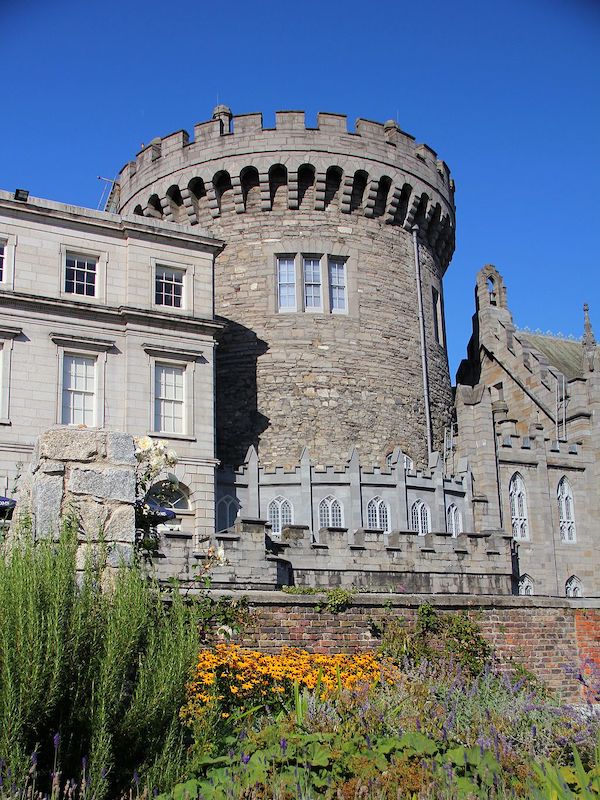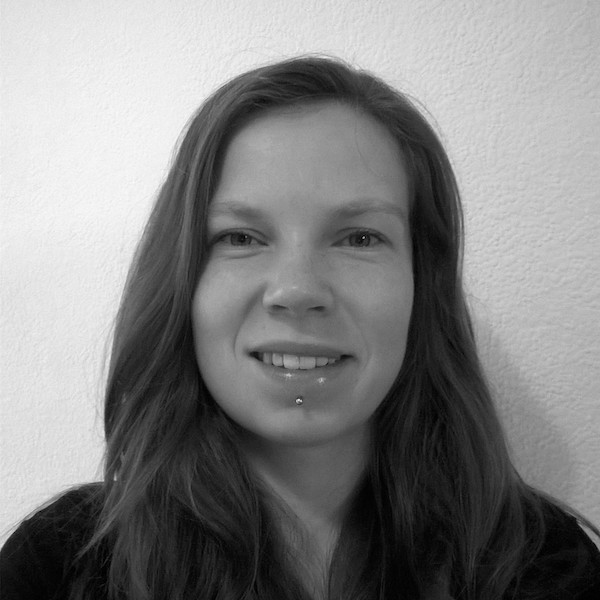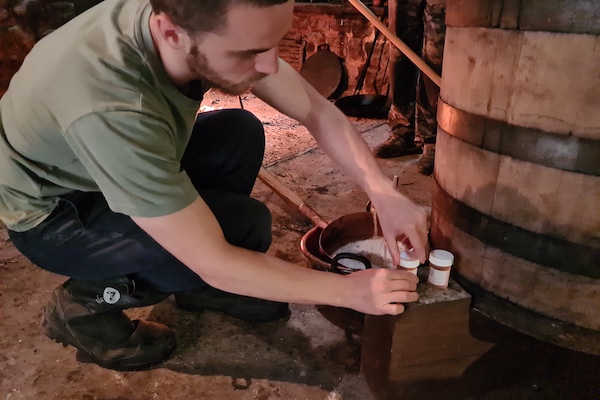New Article
Delighted to announce the publication of a new open access article in The Historical Journal. The article, which is based on the forensic analysis of household accounts from Dublin Castle transcribed as part of the Food Microhistories work-package, explores the role of food and drink in the demonstration and negotiation of power in Ireland.












